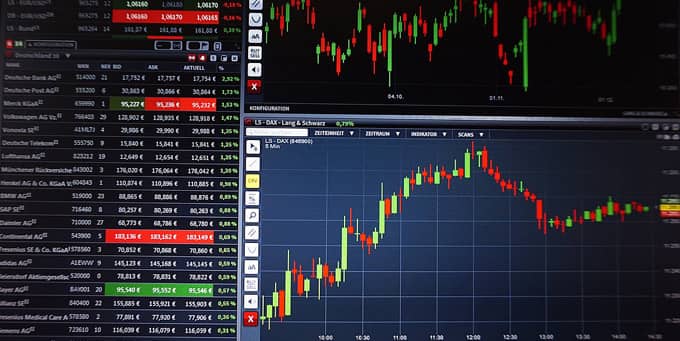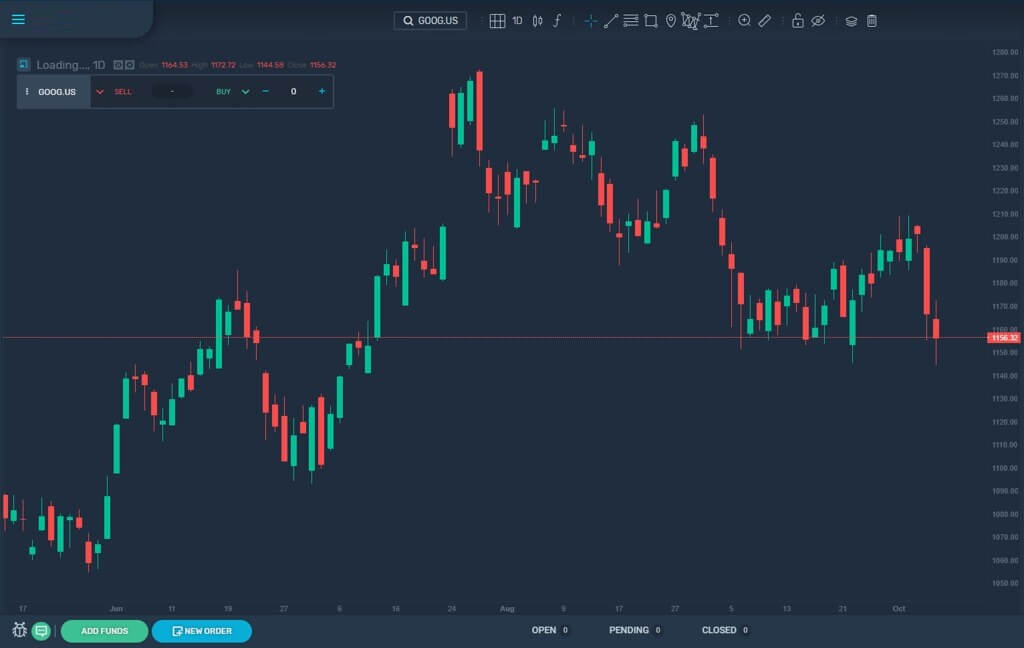CFDs: The Future of Trading in Financial Markets
CFDs: The Future of Trading in Financial Markets
Blog Article
Contract for Difference (CFD) trading has appeared as one of typically the most popular types of on line trading, attracting a wide range of investors. cfd how it works let traders to suppose on the purchase price movements of various financial instruments without buying the main asset. This freedom has created CFD trading a sought-after method for both new and experienced traders. Here's a comprehensive overview of the benefits of trading CFDs:
1. Use of a Diverse Range of Markets
One of many critical great things about CFD trading is the ability to access a number of financial areas, including stocks, commodities, indices, and forex. Traders may take roles in international areas with ease, letting them diversify their portfolios. The wide variety of areas ensures that traders have more possibilities to capitalize on value activities in numerous advantage classes.

2. Variable Leverage Options
CFD trading presents flexible influence, allowing traders to control a bigger position with a smaller preliminary investment. Which means that despite having a lesser amount of of money, traders can benefit from value changes in the market. But, it's crucial to notice that power bears equally possibilities and risks, so traders must use it responsibly and realize its affect on their positions.
3. Profit from Increasing and Falling Markets
Unlike old-fashioned trading, where profits are made only if asset prices rise, CFD traders can make money from both upward and downward value movements. This means that even in bearish market situations, traders can start short roles and possibly produce a profit. The capacity to deal both extended and short jobs allows traders greater freedom within their techniques and enables them to adapt to changing industry conditions.
4. No Possession of Underlying Assets
CFD trading enables traders to speculate on the price activities of an asset without actually buying the asset itself. Which means that traders don't need to be worried about the logistics of buying and keeping bodily commodities, such as for example silver or oil. It simplifies the trading process and decreases the costs related to asset ownership.
5. Minimal Transaction Costs
Compared to conventional types of trading, CFD trading usually is sold with lower deal costs. You will find usually number commissions to pay when getting or offering CFDs, and spreads in many cases are narrower. This charge performance could be particularly beneficial for productive traders who execute multiple trades through the day.

6. Access to Advanced Trading Tools
CFD brokers often provide traders with sophisticated methods and systems for analysis, including real-time planning application, risk management tools, and automated trading systems. These resources can
Conclusion
CFD trading offers a few benefits for traders, including access to a wide range of areas, variable influence, the capacity to revenue in both increasing and slipping markets, and the absence of ownership requirements. With decrease deal prices and the accessibility to advanced trading tools, CFD trading could be a powerful instrument for those seeking to diversify their portfolios and discover new expense opportunities. Nevertheless, like any kind of trading, it's essential for traders to understand the dangers and use these benefits reliably to maximise their potential for success. Report this page